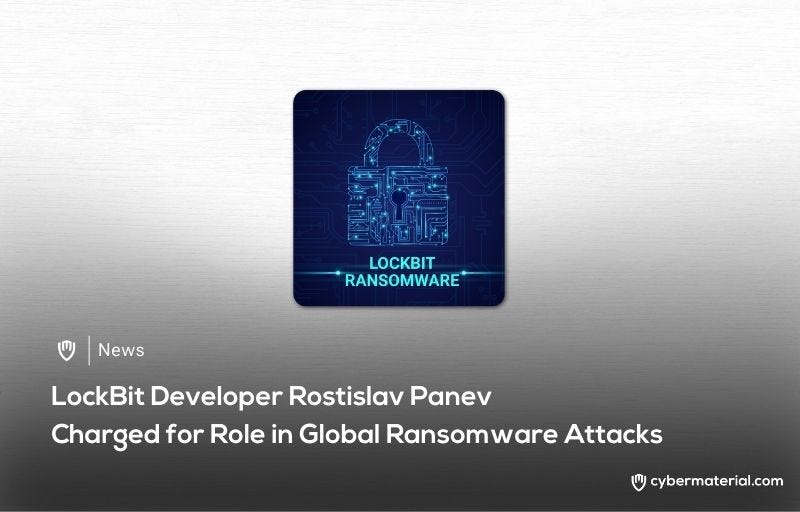
Rostislav Panev, a dual Russian and Israeli national, has been charged by U.S. authorities for his role as the developer behind the notorious LockBit ransomware-as-a-service (RaaS) operation. Arreste…

Rostislav Panev, a dual Russian and Israeli national, has been charged by U.S. authorities for his role as the developer behind the notorious LockBit ransomware-as-a-service (RaaS) operation. Arreste…